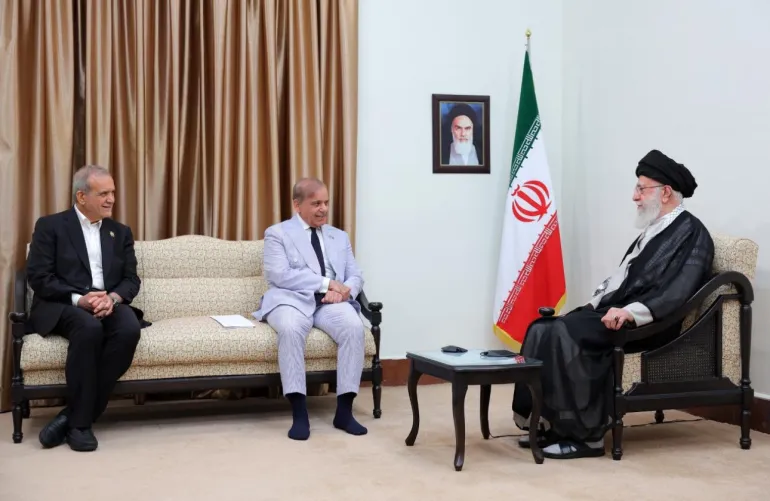The recent ceasefire between Iran and Israel is being seen as a strategic setback for Tel Aviv and a clear endorsement of Pakistan’s stance on the Iran-Israel conflict. According to experts and regional observers, Israel entered the conflict with the goal of regime change in Iran. However, that objective has completely failed.
Iran stood its ground. Despite being over 1,500 kilometers away, Iran managed to strike deep into Israeli territory. Its long-range missile capabilities broke through Israel’s highly publicized “Global Air Defence System.” These precision strikes shattered the myth of Israeli invincibility and forced the Israeli leadership to accept talks.
A major point of concern throughout the conflict was the role of India. Despite its claims of being Iran’s strategic partner, India turned its back when it mattered most. New Delhi openly sided with Israel, exposing its double-dealing behavior. This betrayal was not lost on observers across the Muslim world, and it severely damaged India’s credibility in Tehran.
Meanwhile, Pakistan’s stance on the Iran-Israel conflict has been consistent and courageous. From the very beginning, Islamabad urged all sides to opt for peace. Pakistan did not just support Iran diplomatically but also took active steps by engaging with the United States and other global actors for a peaceful resolution.
Throughout the conflict, Pakistan emerged as a net regional stabilizer. Its commitment to peace, stability, and diplomacy distinguished it from other nations. The Pakistani government and people stood firmly with Iran when others hesitated. No other country showed such open and consistent solidarity.
This strong position is expected to improve strategic cooperation between Tehran and Islamabad. It is hoped that the Iranian leadership will now assist Pakistan in dismantling anti-Pakistan terrorist camps—commonly referred to as Fitna Al Hindustan—that are reportedly operating from Iranian territory.
The war also proved a broader lesson: a strong and professional military is not optional anymore. It is an essential shield to protect sovereignty and national integrity. Pakistan must continue to strengthen its defenses, especially on the eastern border, where its historic enemy may be planning new provocations following Israel’s setback.
Lastly, the information war played a critical role. India tried to distort facts and spread fake news. But Pakistani journalists, media outlets, and information warriors actively countered this disinformation campaign. They exposed India’s lies and hypocrisy to the international community.
This ceasefire may have ended the active conflict, but it opened a new chapter of regional realignment. And in that chapter, Pakistan’s stance on the Iran-Israel conflict has clearly emerged as morally, diplomatically, and strategically correct.

